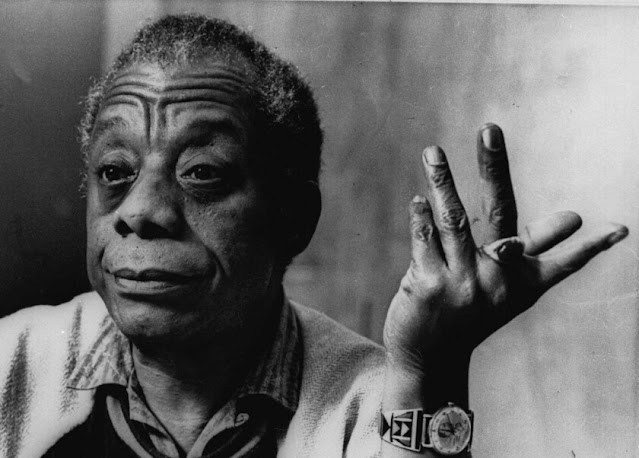How Gershwin's "Rhapsody in Blue" Changed My Life
 |
As we celebrate one hundred years of the Rhapsody in Blue, I am inspired to reflect on the impact of George Gershwin's composition on my life. I first discovered the Rhapsody in Blue when my father had assigned the piece to one of his graduate students at Fisk University. Carol Elligan was a former Fisk Jubilee Singer and Piano Pedagogy major. I already considered her to be my best friend (even though I was eleven years old at the time, and Carol was in her early twenties). Before she started working on the Rhapsody in Blue, I was struggling with my piano studies, and had even reached the point where I was ready to quit piano. My parents went on about how expensive my piano lessons were, so I figured they'd be pleased with saving that little bit of money. But my quitting was not an option. They insisted that I continue with the lessons, whether I liked it or not.
Enid Katahn, my piano teacher at the Blair School of Music in Nashville was struggling to assign repertoire that held my interest. I was playing Mozart and Schubert, some Bach, and even some John W. Work. But my heart just wasn't in it.
Looking back on that time I am also reminded that my mother was very depressed. She was never pleased with anything I did. Since the whole point of playing the piano was to please her, it seemed I was fighting a losing battle. (Years later I would learn that her alcoholism was peaking at that point.)
I would sit in on Carol's lessons with my father on the Rhapsody in Blue. The piece was already well in my ear when I first picked up a copy of the score. Also, my father had a copy of Leonard Bernstein's recording of the Rhapsody in Blue with the New York Philharmonic in his record library. I listened to that recording almost every evening for months.
When I started to read the score, I was genuinely surprised at how easily the notes fit under my hands. I decided to devote the summer of 1973 to learning and memorizing the piece.
Later I would learn about Gershwin's fascination with "Black" music, and how his European teacher encouraged him to compose in classical forms. One could say I became obsessed with Gershwin, to the point where my junior high school mates started calling me "Gershwin."
That summer my father was invited to serve on the piano faculty at the Interlochen Music Festival in Michigan. Because he was on the faculty, it meant that I had free access to practice rooms. The students there were predominantly white, and they had come from all over the country. Frequently I would be minding my own business practicing, and would look up and find groups of students watching me from the window. They would applaud and whistle whenever I would take a break. Already my reputation as a performer of Gershwin was developing.
Thor Johnson was the conductor of the World Youth Orchestra at Interlochen at the time. He was also the music director of the Nashville Symphony. We had met several times in Nashville, and he certainly knew who my father was. But in this relaxed summer-camp environment, I was able to share with him my interest in the Rhapsody in Blue, and even asked if I could play it for him. I knew he was the one who ultimately made the decision as to who would appear as piano soloist with the Nashville Symphony, and I wanted him to consider engaging me.
I played the piece for him there at Interlochen, then played it for him again after we returned to Nashville. A few weeks later, he called my parents' house and asked to speak to me. It was during that phone conversation that he invited me to appear as piano soloist with the Nashville Symphony in a performance of Gershwin's Rhapsody in Blue during the symphony's summer festival in Centennial Park. More than 4,000 people attended the concert, and gave me a standing ovation.
 |
| Thor Johnson |
That was the summer I turned 14. My destiny as a concert pianist was firmly established.

.jpeg)











CONGRATULATIONS. You are phenomenal. So proud to know your history and to have studied with both of your parents. All the best NINA.
ReplyDelete